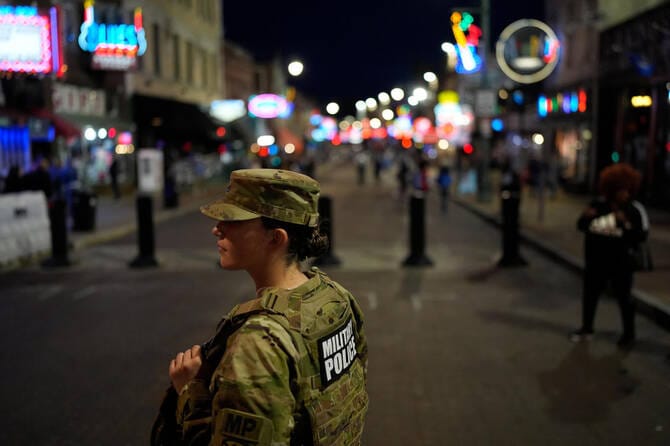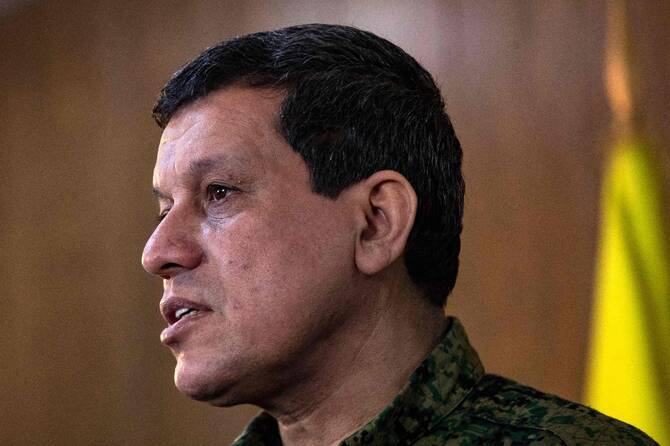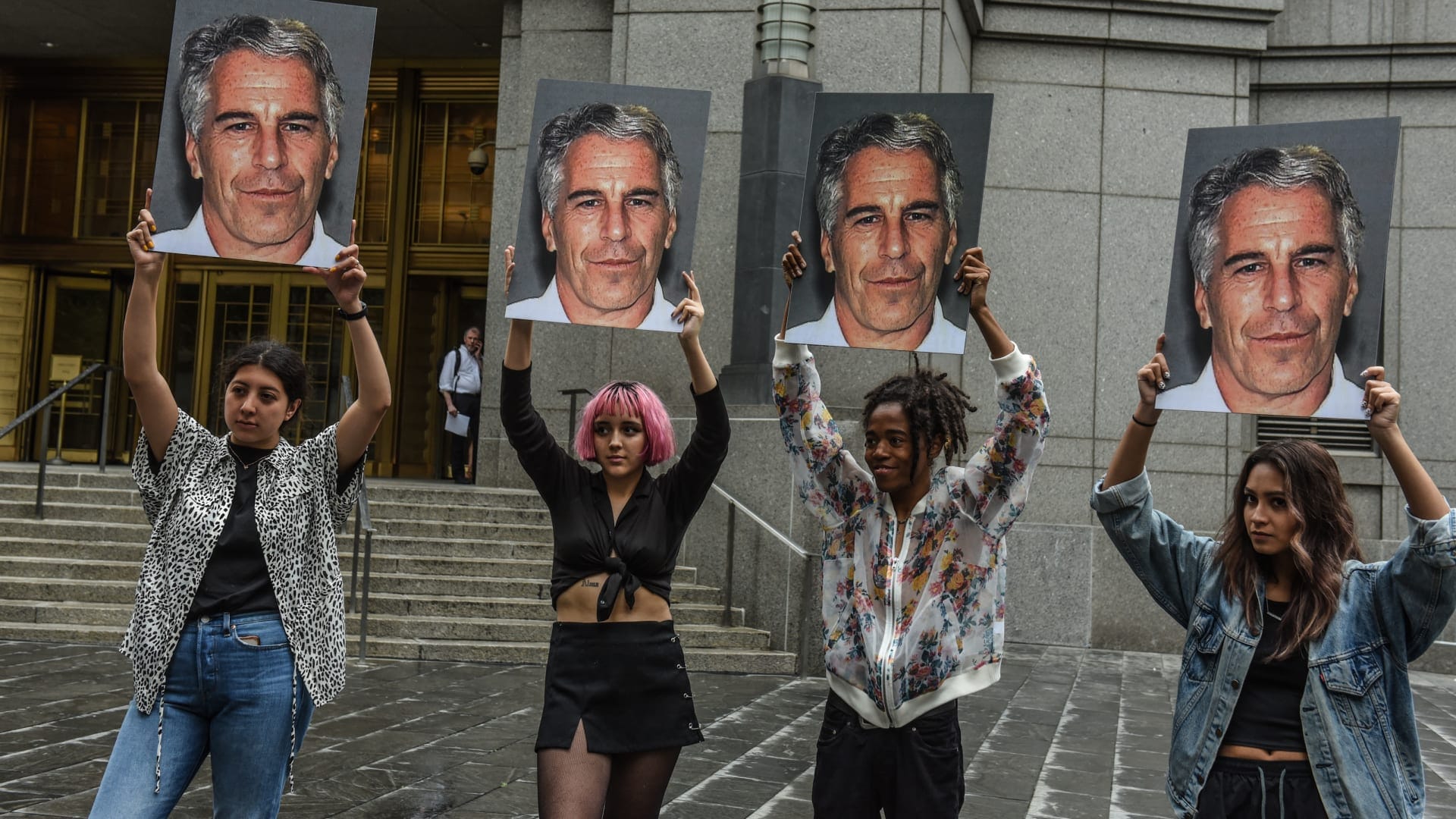Tennessee state judge blocks National Guard deployment to Memphis

A Tennessee state court judge temporarily blocked on Monday Republican Governor Bill Lee’s deployment of National Guard troops to the city of Memphis, ruling that the use of troops was likely not legal under the state’s militia law.
Chancellor Patricia Head Moskal of the Davidson County Chancery Court in Nashville said the militia law required Tennessee’s General Assembly to call in the National Guard for public safety.
She ruled that crime rates in Memphis were not a “grave emergency” or “disaster” that would authorize Lee to send troops in his role as commander-in-chief of the state’s military forces.
Her order blocks the governor from “continuing the activation and deployment of Tennessee National Guard personnel” pending further court proceedings. But it will not take effect for five days, to give Lee time to appeal.
National Guard troops began patrolling Memphis as part of a federal task force to combat crime after Republican President Donald Trump requested the deployment in September.
State lawmakers and Shelby County mayor Lee Harris sued the governor to block the deployment, saying the use of the troops for law enforcement violates the Tennessee constitution and state laws.
“This is a positive step toward ensuring the rule of law applies to everyone, including everyday Tennesseans and even the governor,” Harris said in a Facebook post on Monday.
Memphis is one of several US cities to which Trump has sent the National Guard, departing from norms against deploying troops on US soil.
Trump has said they are needed to suppress civil unrest, support immigration enforcement and fight crime. Democrats have accused the Republican president of abusing military powers meant for grave emergencies such as an invasion.
Legal challenges mount
National Guard deployments to the Democratic-led cities of Los Angeles, Portland, Chicago and Washington, D.C. also face legal challenges.
Three district court judges have ruled against Trump’s use of troops in preliminary rulings, saying the president cannot summon the military to respond to routine protests or engage in law enforcement.
Two appeals courts have split on the issue, which is likely to ultimately go to the US Supreme Court.
The situation in Memphis differs from others, as the troops are being deployed by the Republican state governor and remain under the state’s control.
Elsewhere, the troops deployed by Trump have faced opposition from Democratic governors and local officials to their use, leading him to place those states’ National Guard under control of the federal government.
The Memphis lawsuit seeks to stop the troop deployment based on Tennessee state law, unlike the rest, which are based on federal law and the US Constitution.
Memphis, a city of 611,000 along the Mississippi River, has one of the highest violent crime rates in the United States, FBI figures show. About 24 percent of residents live in poverty, more than double the national average, the US Census Bureau says.





